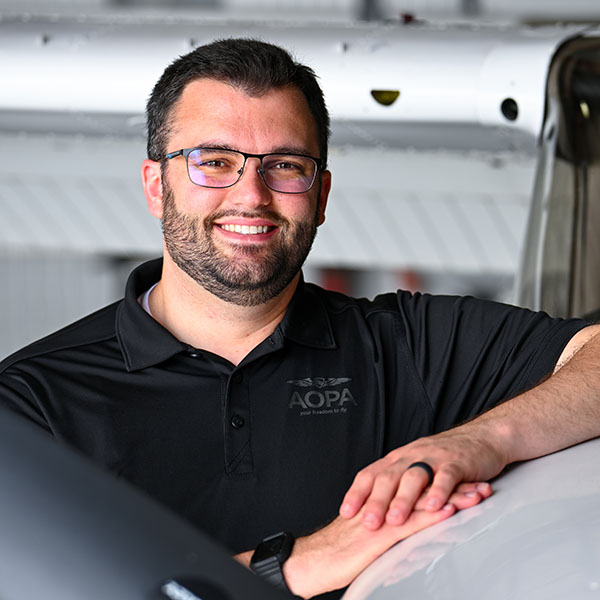Senate ATC modernization funding bill blocks privatization
Report highlights risks if past efforts had succeeded
The Senate Appropriations Committee bill to fund the Department of Transportation, including the FAA, in 2026 seeks to block any attempts to privatize the U.S. air traffic control system.
The bill, S.2465, would provide $13.8 billion—largely from the Airport and Airway Trust Fund—to fund the FAA’s regular operations, with more than $10 billion allocated toward the FAA’s air traffic organization. The primary source of funding for operations and programs administered by the FAA comes from users of our nation’s aviation system, mainly through excise taxes and fees that are deposited into the fund.
A committee report accompanying the bill outlines the potential consequences the United States could have faced if previous privatization efforts had been successful.
The report states: “The Committee does not support any efforts to transfer the FAA’s air traffic functions to a not-for-profit, independent, private corporation. The Committee is aware that if the Nation's air traffic control system had been privatized during the COVID-19 pandemic, similar to other air navigation service providers in Canada and the European Union, the United States would have faced severe funding shortfalls. These shortfalls would have likely led to controller layoffs and greater risks to flight safety, and a slower recovery after the end of the pandemic, thus leading to more flight delays and price increases for consumers.”
“AOPA continues to strongly oppose any attempt to privatize our nation’s air traffic control system and appreciates the leadership of Maine Senator Susan Collins and the Senate Appropriations Committee,” said AOPA President Darren Pleasance. “We’ve seen the consequences of handing air traffic control over to private entities play out in other countries. At the same time, we will continue to work alongside the rest of the aviation industry to push for the modernization of our ATC infrastructure.”
AOPA is a member of the Modern Skies Coalition—a group of 56 aviation stakeholders, including pilot organizations and leading aviation companies—working to modernize the existing ATC system and expand controller hiring and training programs.




